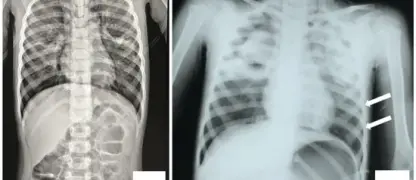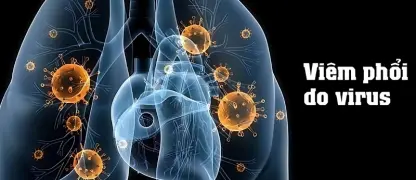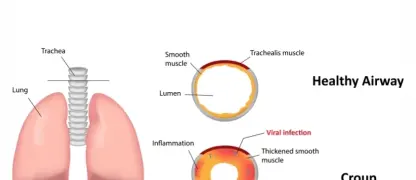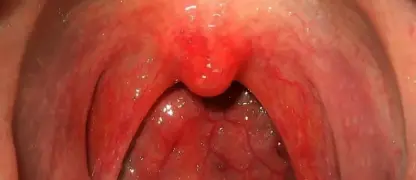Hantavirus Pulmonary Syndrome (HPS) is a rare but severe respiratory disease. Understanding its causes, symptoms, and prevention is key to protecting yourself and your family.
What are the main causes of hantavirus pulmonary syndrome (HPS)?
- HPS is primarily caused by exposure to infected rodent urine, droppings, or saliva, which carry hantaviruses capable of infecting humans.
- Inhaling airborne particles contaminated by infected rodents in homes, cabins, or storage areas can trigger the virus transmission.
- Direct contact with contaminated surfaces or rodent nesting areas increases the risk of contracting HPS in residential or work environments.
Key symptoms of hantavirus pulmonary syndrome (HPS) to watch for
- Early symptoms include fever, fatigue, and muscle aches, often mistaken for flu, appearing 1–5 weeks after exposure.
- Respiratory symptoms such as coughing, shortness of breath, and fluid accumulation in the lungs develop as HPS progresses.
- Severe cases may lead to sudden respiratory failure, low blood pressure, and organ dysfunction, requiring urgent medical attention.
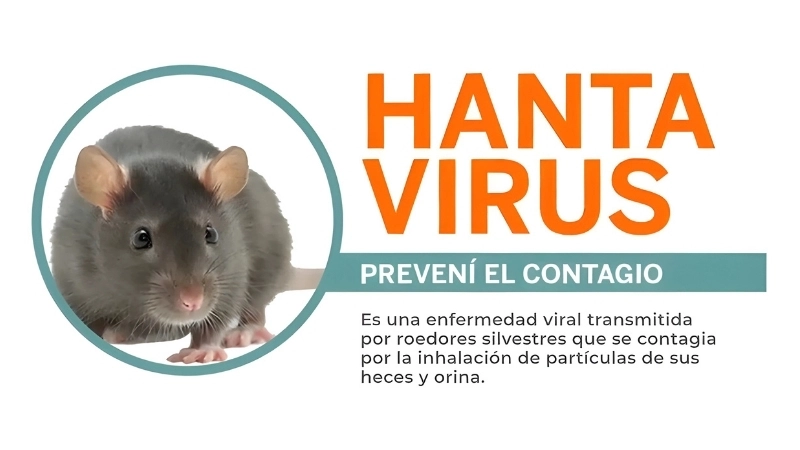
>>>Learn more: Understanding viral pneumonia symptoms and causes today
How can you prevent hantavirus pulmonary syndrome (HPS) effectively?
- Seal up holes and gaps in homes and cabins to prevent rodent entry and reduce contact with infected animals.
- Maintain clean living and working areas, remove food scraps, and safely dispose of rodent droppings using gloves and disinfectants.
- Avoid stirring up dust in rodent-infested areas; ventilate and wet surfaces before cleaning to reduce airborne virus exposure.
>>>Learn more: Understanding croup symptoms in children and adults
Image description of Hantavirus Pulmonary Syndrome (HPS)
Hantavirus Pulmonary Syndrome is a severe respiratory disease caused by hantaviruses, typically spread by rodent contact. It affects the lungs, leading to breathing difficulties and potentially life-threatening complications.
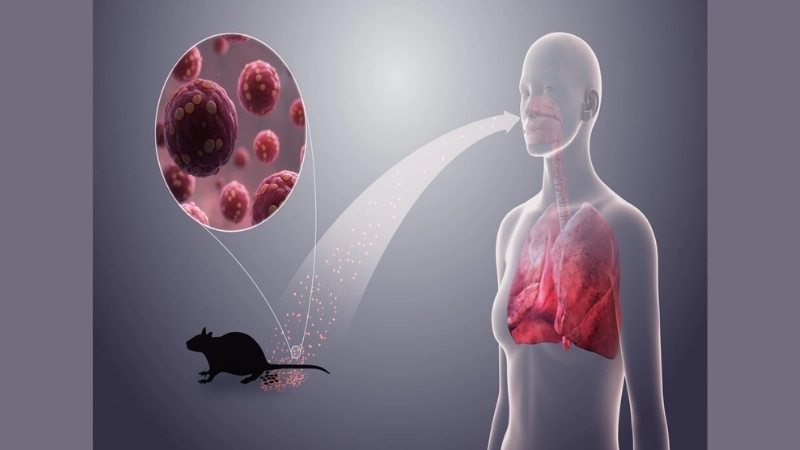
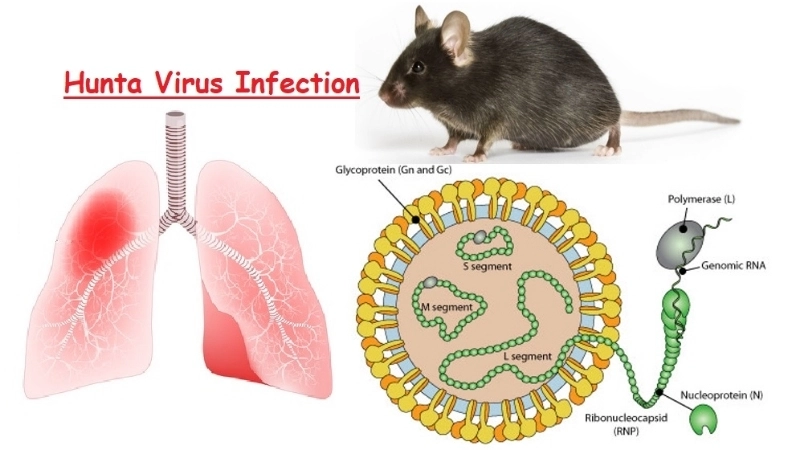
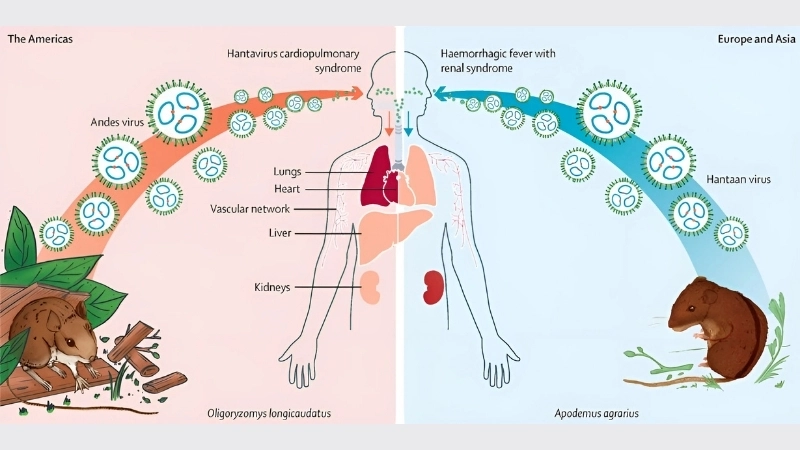
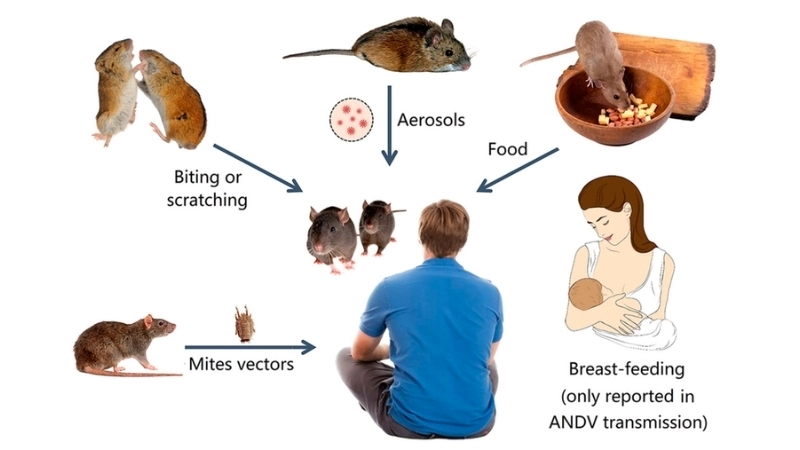
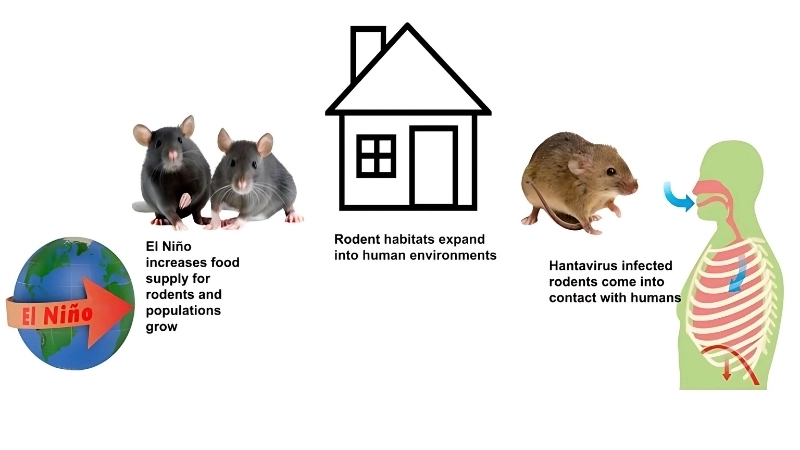
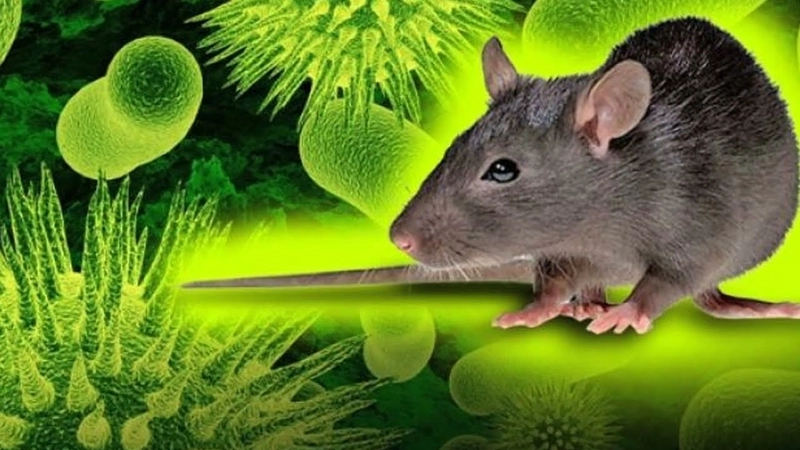
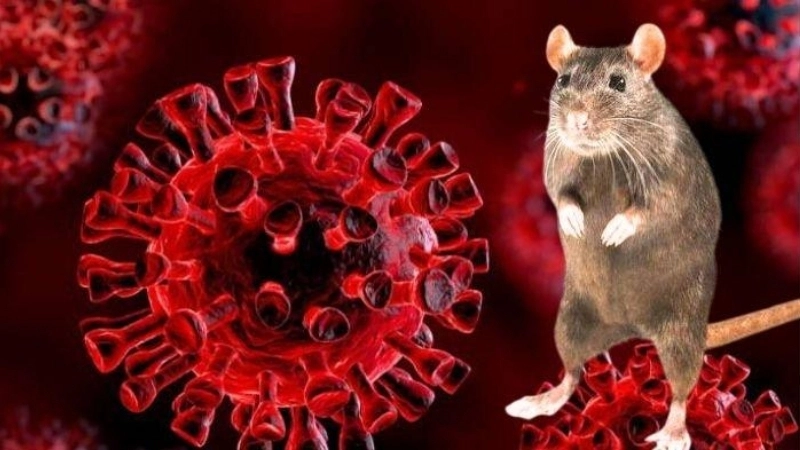
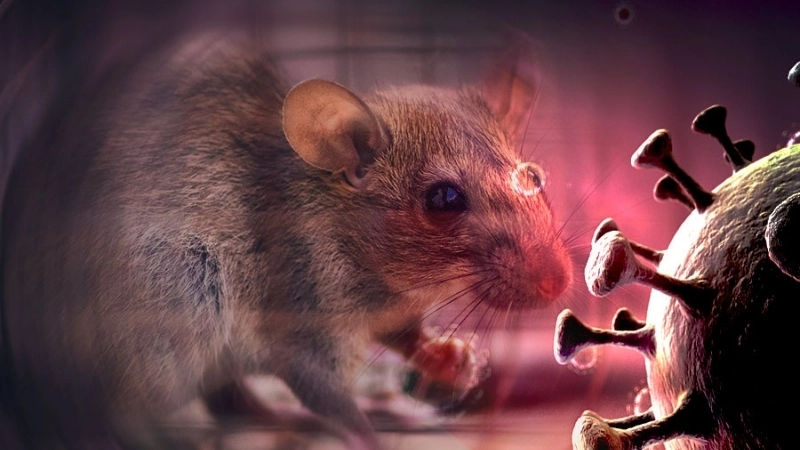
>>>Learn more: How to prevent adenovirus infection in children and adults
Stay informed about Hantavirus Pulmonary Syndrome (HPS) to reduce risks. Timely recognition of symptoms and proper medical care can save lives and prevent serious complications.


